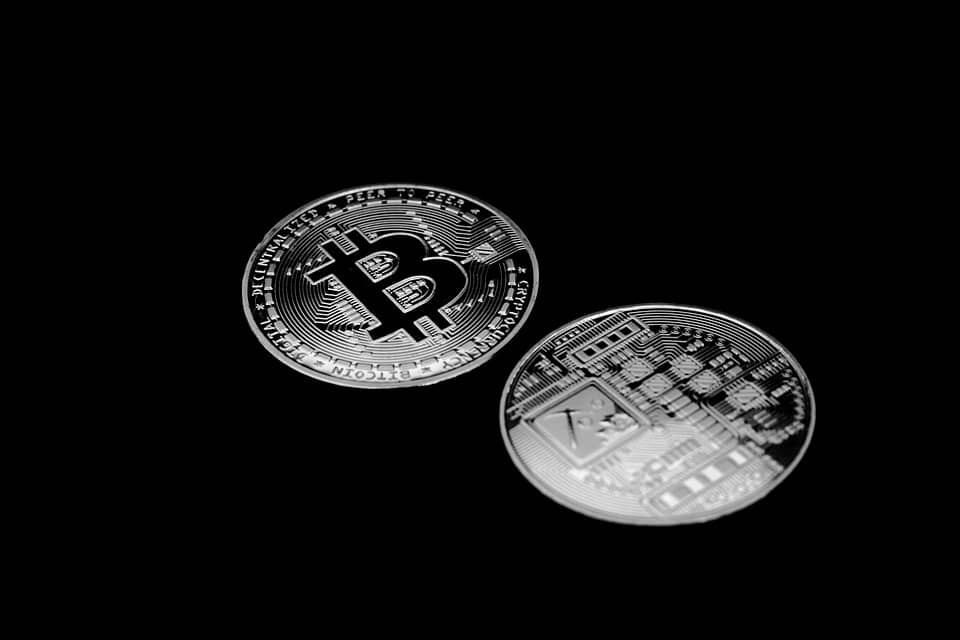The Altcoin Revolution: Is it the Future of Global Payments?
The world of digital currencies is constantly evolving, and the term "altcoin" has taken center stage as the latest innovation in the industry. Also known as alternative cryptocurrencies, altcoins are digital currencies that are not as well-known as their more popular counterparts, such as Bitcoin. However, they are gaining traction and have the potential to disrupt the traditional payment systems as we know them.
In this article, we’ll delve into the world of altcoins, exploring what they are, how they work, and what the future holds for these digital currencies. We’ll also discuss the benefits and challenges of altcoins, as well as the potential for them to become the future of global payments.
What are Altcoins?
Altcoins, in their simplest form, are digital currencies that are not as well-known as their more popular counterparts, such as Bitcoin. They are often created using the same underlying technology as Bitcoin, which is a decentralized, distributed ledger system called blockchain. However, altcoins differ in certain key ways, such as their consensus algorithm, transaction speed, and use cases.
One of the main advantages of altcoins is their ability to offer faster and cheaper transactions compared to traditional payment systems. This is due to the fact that altcoins can process transactions much faster and at a lower cost than traditional payment systems. For example, some altcoins, such as Litecoin, can process transactions in a matter of seconds, while others, such as Monero, can process transactions anonymously.
How Do Altcoins Work?
Altcoins work on a decentralized network, which means that there is no central authority controlling the transaction process. Transactions are verified and recorded on a public ledger, known as a blockchain, which is maintained by a network of nodes.
The process of creating an altcoin is relatively simple. A team or individual creates a new blockchain, and then starts to mine the altcoin, or create new coins, using powerful computers that solve complex mathematical problems. As the altcoin is being mined, it’s being added to the network, and the blockchain is growing.
What are the Benefits of Altcoins?
There are several benefits to altcoins, including:
- Faster and cheaper transactions: Altcoins can process transactions much faster and at a lower cost than traditional payment systems.
- Increased accessibility: Altcoins are accessible to anyone with an internet connection, regardless of their location or financial status.
- Anonymity: Some altcoins, such as Monero, offer anonymity, which can be appealing to those who want to keep their transactions private.
- Decentralization: Altcoins are decentralized, which means that no single authority is controlling the transaction process.
What are the Challenges of Altcoins?
There are several challenges that altcoins face, including:
- Regulatory uncertainty: The regulatory environment for altcoins is still evolving, and many countries are still determining how to regulate them.
- Volatility: Altcoin prices can be highly volatile, making it difficult for investors to predict their value.
- Security concerns: Altcoins are vulnerable to hacking and security breaches, which can result in the theft of large sums of money.
- Lack of adoption: Many altcoins are still in the early stages of development, and they may struggle to gain widespread adoption.
Is it the Future of Global Payments?
The potential for altcoins to become the future of global payments is promising. With their faster and cheaper transaction times, as well as their increased accessibility and anonymity, altcoins may be the answer to the limitations of traditional payment systems.
In fact, many experts believe that altcoins will play a crucial role in shaping the future of global payments. For example, the International Monetary Fund (IMF) has stated that cryptocurrencies, including altcoins, have the potential to revolutionize the way money is transferred and processed.
Conclusion
In conclusion, altcoins are an exciting and rapidly evolving field, with a promising future ahead. While there are challenges to be overcome, the benefits of altcoins, including faster and cheaper transactions, increased accessibility, and anonymity, make them an attractive option for individuals and businesses alike.
As the world of digital currencies continues to evolve, it’s clear that altcoins will play a key role in shaping the future of global payments. With their ability to offer faster and cheaper transactions, as well as increased accessibility and anonymity, altcoins may be the answer to the limitations of traditional payment systems.
FAQs
Q: What is the difference between an altcoin and a blockchain?
A: A blockchain is a decentralized, distributed ledger system that records transactions and data. An altcoin is a digital currency that is built on top of a blockchain.
Q: How are altcoins traded?
A: Altcoins can be traded on cryptocurrency exchanges, which are online platforms that allow users to buy and sell cryptocurrencies.
Q: Are altcoins secure?
A: Altcoins are vulnerable to hacking and security breaches, just like traditional payment systems. It’s essential to use strong passwords and enable two-factor authentication to secure your altcoin accounts.
Q: Can I use altcoins to make everyday purchases?
A: While some merchants accept altcoins, it’s still a relatively rare occurrence. However, as the use of altcoins grows, it’s likely that more merchants will start accepting them.
Q: Can I use altcoins to invest?
A: Yes, altcoins can be used as an investment vehicle, similar to traditional stocks or commodities. However, it’s essential to do your research and consult with a financial advisor before investing in altcoins.
Q: Are altcoins regulated?
A: The regulatory environment for altcoins is still evolving, and many countries are still determining how to regulate them. It’s essential to stay up-to-date on the regulatory landscape before using or investing in altcoins.

Leave a Reply